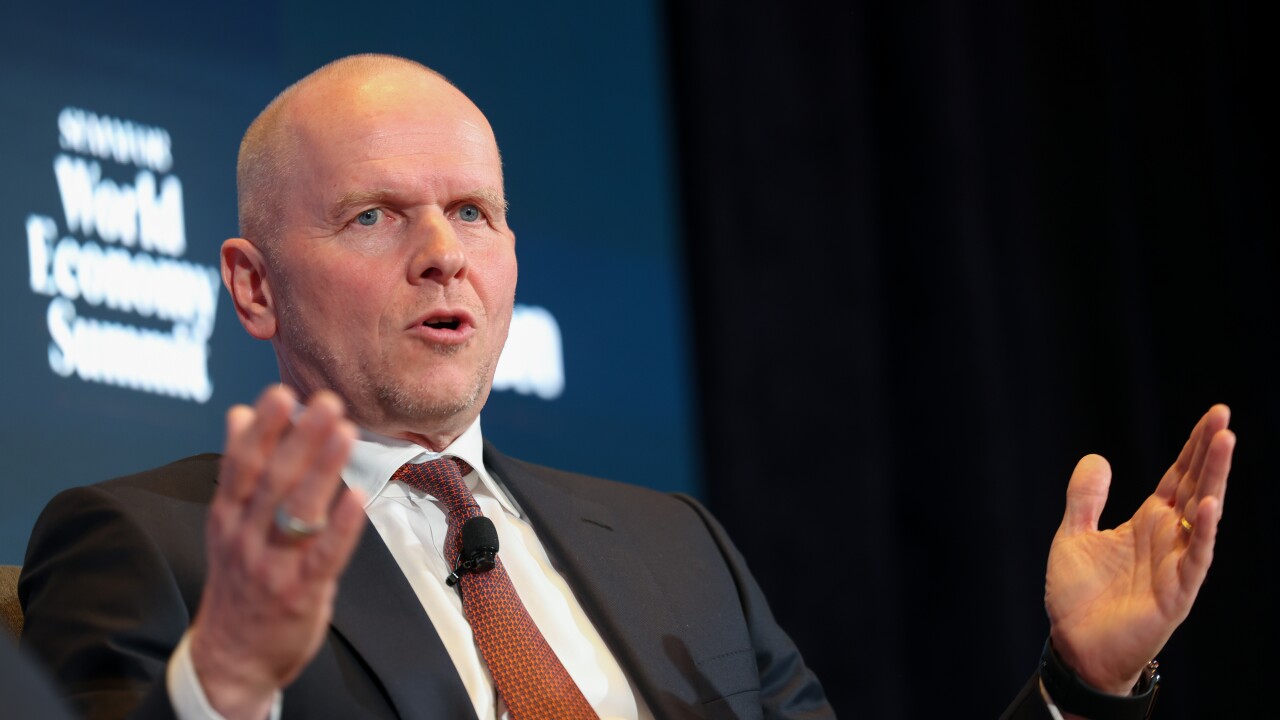The shortage of personal protective equipment (PPE) for medical workers is one of the most troublesome elements of the coronavirus outbreak, though prior work to declutter cross-border supply chain payments provides some hope.
“Numerous supply chains have been disrupted. Medical supply chains for personal protective equipment in particular have been critically disrupted with manufacturing slowdowns in Asia Pacific further exacerbated by unprecedented global demand in the rest of the world,” said Thor Perplies, treasury sales officer with Citigroup’s Commercial Bank.
The Citi unit used Flywire’s payment network to move about $1 million to a supplier in China to procure 1.4 million pieces of PPE for hospitals in the Boston area through The Boston Foundation, a community nonprofit that worked through a connection students from Harvard Business School had to a medical supplier in China. It’s an example of how faster payments and open banking, or the streamlined collaboration between fintechs and traditional financial institutions — something large banks for years considered a

Buying medical masks and gowns from an international source should be a relatively simple transaction, but the coronavirus has created disarray. The
PPE and lots of other medical equipment comes from
A delay in payments causes an added disadvantage, leaving the traditional model of using correspondent banks to manage currency exchanges not only obsolete, but dangerous.
“Normally a transaction of this nature would take a day or two longer to process because the beneficiary bank needs to open a service case and triangulate data between the beneficiary, Citi, and Flywire,” said Perplies, adding that with coveted PPE procurement, there was an extreme sense of urgency.
“It was important that the beneficiary bank quickly locate the payment, reconcile the transaction with the supplementary documents and then apply funds,” Perplies said.
For years, these types of transactions required third parties to hold funds in the different markets. New alternatives have emerged that use cloud structures or blockchains to eliminate third parties. Ripple is well known in this market, using the technology that supports the XRP token to facilitate international payments.
Banks initially viewed Ripple as a competitor, though increasingly banks are partnering with Ripple. Flywire works through a network of local partners to offer local currency payments for two sides of a transaction, such as a student from Asia attending university in the U.S. It also manages local compliance and security risk management.
“We have teams on the ground who are able to perform tasks such as ‘know your customer’ checks,” said Ryan Frere, executive vice president of payments at Flywire.
Flywire held accounts with Citi in Asia and the U.S., enabling the cross-border payment within Citi’s network. “By holding bank accounts in many markets with Citi, Flywire was able to quickly secure transaction approvals,” Perplies said.
PSD2, a European regulation, has sparked global moves toward enabling open banking, or using APIs or similar methods to share information between banks and technology companies. While large banks initially pushed back against this trend, the
Writing for
During the coronavirus pandemic,
“It highlights the fact that fintechs aren’t really disruptors for banks,” Frere said.




